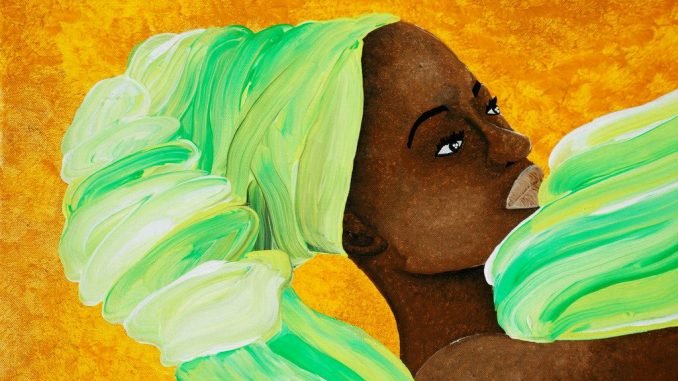
Kampala, Uganda | By Anita Tumusiime | Way back in 2004 when I was still in high school, I had this friend of mine called Angela. We used to call her Angel because she was a real lady. You know what I mean; she was beautiful, calm, kind and so welcoming.
On Saturday at around 5.00 am I heard weird noises coming from her bed and saw Angela was crying. “I am pregnant,” she said.
After a moment of silence I asked her who was responsible because she never had a boyfriend. She did not answer.
“What are we going to do,” I asked. “Let’s call my father and find out what he has to say about this,” she said.
I asked her what her father had to do about this and she replied that he was the one responsible for her pregnancy.
“How could you say such a thing about your father,” I shouted furiously. She later cried out loud as she explained that her Dad always forced himself on her and no one could come to her rescue.
This really got me so humbled. Like the rules say: “No pregnancy in school.” Two weeks later, the routine checkups were done and she was expelled, all I could do was to pray for my dear friend.
That year in April, Amnesty International urged the Ugandan authorities to provide support for women seeking justice for sexual violence and domestic violence in a new report highlighting the barriers faced by the victims.
According to the report, some official responses to sexual violence reflect a widely held attitude that the women are to blame in a country where the government often appears to promote “preservation of the family unit” ahead of justice for victims.
“The failure of the government to protect and support victims of sexual violence undermines the quest for justice,” said Widney Brown, previously a Senior Director of international Law and Policy at Amnesty International. “Lack of government resources and political will mean that perpetrators rarely face justice. Women in Uganda have been left with no faith in the justice systems.”
Another report released by the African Women of Faith Network, an NGO based in Gulu, found that up to three million women in Uganda suffer from abuses by their spouse every month. This has led to unprecedented numbers of unwanted pregnancies and Sexually Transmitted Diseases (STDs).
“There is a common saying that time is a great healer, sometimes its hard to believe that there will come a day when I won’t re-live at once the day I was raped,” said another rape victim currently working with Mulago Hospital.
“I looked forward to the time when I don’t shudder and cringe as something happens to trigger yet another painful memory.”
Organizations such as Hope After Rape (HAR) located in Bukoto – Kisaasi Road, works to empower children, women and communities to prevent sexual and other forms of abuse and facilitate the rehabilitation of survivors through advocacy, training and psycho-social support. But such programs and organizations are rare in Uganda.
Four years later, I was having lunch at the guilds canteen at Makerere University and this good looking, slender girl came up to me whose face looked familiar. To my surprise I realized it was Angela.
“I am now at Makerere University pursuing a bachelors degree in Information technology with a baby boy called Junior, she said.
“Dad was imprisoned and is paying for his crime and this brought a big gap between us that will ache forever. And although I never wanted to tell my story, I am finding that sharing it helps me feel stronger than ever,” she said.



